Results
-
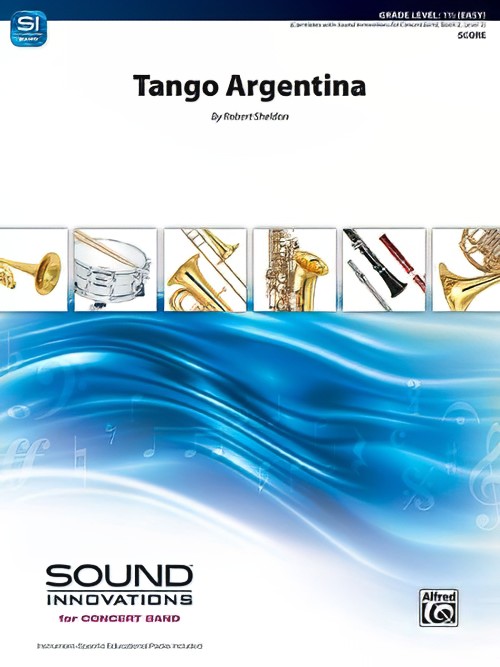 £49.95
£49.95Tango Argentina (Concert Band - Score and Parts) - Sheldon, Robert
The tango originated in late 19th century Buenos Aires, and has become popular around the world due to its driving rhythms, distinctive sound, and the passionate dance steps it inspires. This piece allows even young bands to experience the style and attitude of this wonderful musical genre.Duration: 2:45
Estimated dispatch 7-14 working days
-
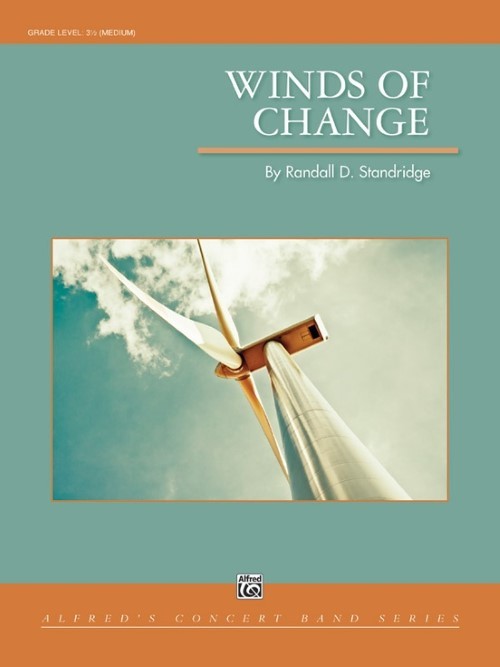 £87.50
£87.50Winds of Change (Concert Band - Score and Parts) - Standridge, Randall D.
In recent years, Oklahoma has seen a great increase in the development of wind energy. This development in sustainable energy sources and the winds that flow across the great state serve as the inspiration for this composition. The piece begins by depicting the great open spaces that stretch for miles across the Oklahoma landscape. Small gusts of wind (represented by scalar and arpeggiated passages in the mallets and woodwinds) dance across the landscape. The piece picks up pace as the wind races across the land, turning the turbines and charging towards the future.Duration: 5:30
Estimated dispatch 7-14 working days
-
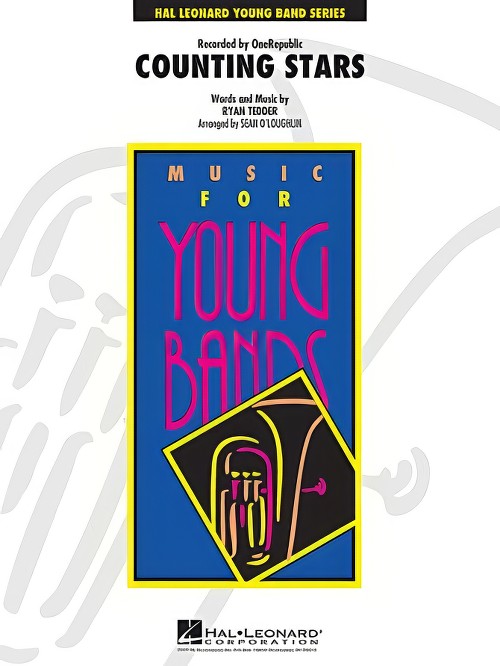 £53.50
£53.50Counting Stars (Concert Band - Score and Parts) - Tedder, Ryan - O'Loughlin, Sean
Recorded by the American band OneRepublic, this catchy pop hit has already demonstrated staying power in popularity and also on the charts. Sean O'Loughlin uses the up-tempo dance groove from the original and trades the melody between woodwinds and brass in an effective version for band.
Estimated dispatch 7-14 working days
-
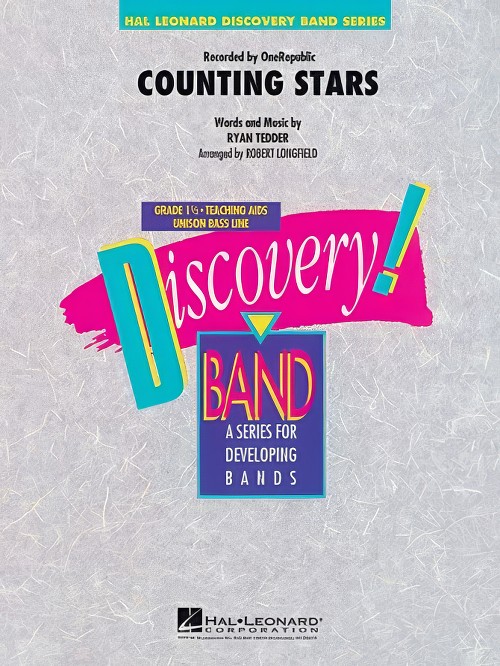 £53.50
£53.50Counting Stars (Concert Band - Score and Parts) - Longfield, Robert
This smash hit recorded by OneRepublic is effectively arranged here for second year players opening with a brief, slow introduction that features an optional solo for alto sax or trumpet. This is followed by a moderate dance tempo featuring a driving pulse and interesting parts for all sections of the band.
Estimated dispatch 7-14 working days
-
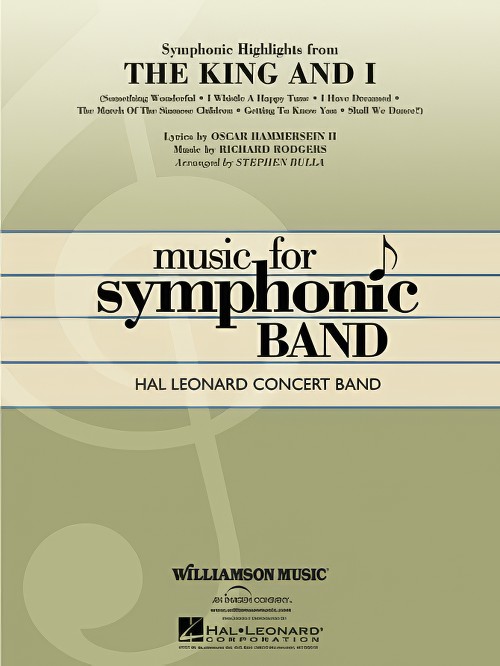 £76.99
£76.99The King and I, Symphonic Highlights from (Concert Band - Score and Parts) - Hammerstein & Rodgers - Bulla, Stephen
Opening on Broadway in 1951, and garnering multiple awards for the 2015 revival, few musicals can boast as many lasting and memorable songs as this Rodgers and Hammerstein masterpiece. Drawing on the classic orchestrations by Robert Russell Bennett, here is a fabulous medley for the symphonic stage.Includes:Something WonderfulI Whistle a Happy TuneI Have DreamedThe March of the Siamese ChildrenGetting to Know YouShall We Dance?
Estimated dispatch 7-14 working days
-
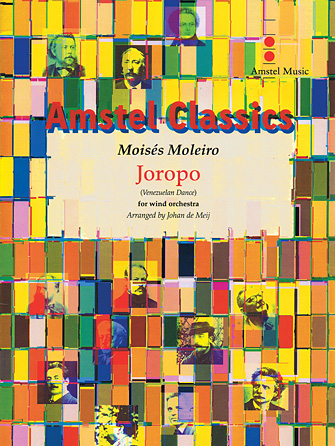 £87.00
£87.00Joropo (Concert Band - Score and Parts) - Moleiro, Moises - De Meij, Johan
Venezuelan pianist and composer Moises Moleiro Sanchez was born in Zaraza on March 28, 1904 and died in Caracas on June 18, 1979. His most popular work is Joropo, composed for piano solo. This charming work is a typical dance from Venezuela in 3/8 time. Johan de Meij, who was appointed regular guest conductor with the Simon Bolivar Youth Wind Orchestra in 2010, orchestrated Joropo for wind orchestra. It was written as an encore piece for the SBYWO, and is dedicated to the founder of El Sistema, Maestro Jose Antonio Abreu. It has become the favourite encore for the SBYWO for their concerts around the world.Duration: 3.00
Estimated dispatch 7-14 working days
-
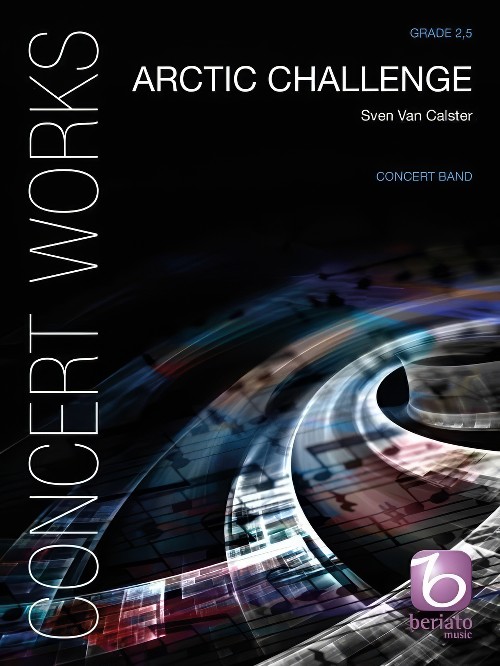 £104.99
£104.99Arctic Challenge (Concert Band - Score and Parts) - Calster, Sven Van
Arctic Challenge is inspired by the TV documentary North Pole Airport and has three movements: Barneo Base Camp, Into the Snow and Dance around the Earth & Finale. The composer takes the listener to Barneo--a drifting Russian research station that is established annually in April, about 100 kilometers from the North Pole, where there is almost constant daylight. Duration: 7.45
Estimated dispatch 7-14 working days
-
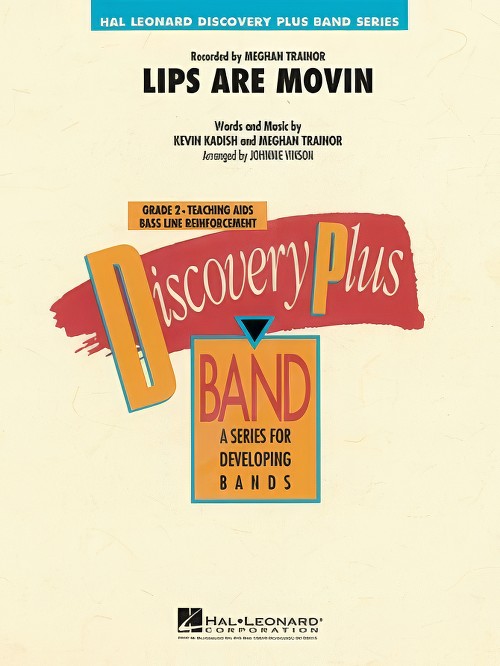 £42.50
£42.50Lips are Movin' (Concert Band - Score and Parts) - Kadish & Trainor - Vinson, Johnnie
Featuring a bright dance tempo and catchy melodies, this arrangement of Meghan Trainor's pop hit is easy to learn and fun to play. Horns and saxes take the lead in the beginning, but the low brass and trumpets get into the act as well.
Estimated dispatch 7-14 working days
-
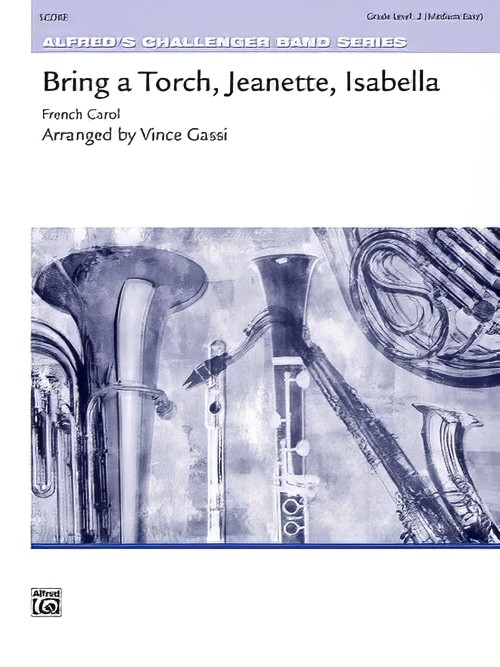 £49.95
£49.95Bring a Torch, Jeanette, Isabella (Concert Band - Score and Parts) - Gassi, Vince
Celebrate Noel with this carol taken from a 16th century courtly dance tune. The variations in this setting will lift your spirits as they pass from a joyous opening, through a brief moment of reflection, and on to a jubilant ending. This little bit of effervescence is a great addition to any part of your Christmas program.Duration: 2.30
Estimated dispatch 7-14 working days
-
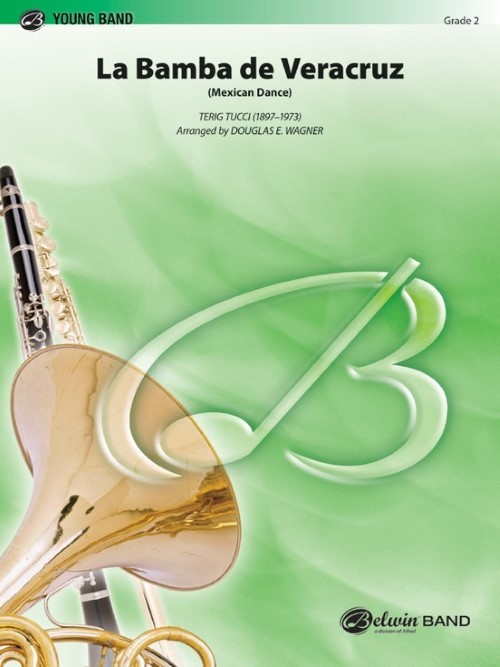 £58.50
£58.50La Bamba de Veracruz (Concert Band - Score and Parts) - Tucci, Terig - Wagner, Douglas E.
From Mexico's central Gulf coast, this indigenous Mexican Dance is so endeared that some consider it the state song. Brush up on your 2/4, and put on your dancing shoes! Freshly scored for the developing band, this familiar tune provides an energetic boost to any program.Duration: 2:45
Estimated dispatch 7-14 working days
